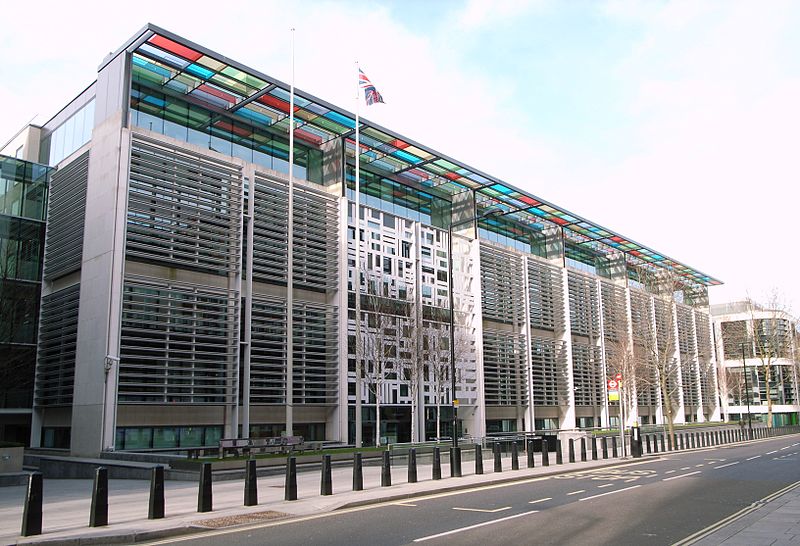
Plans to introduce a register of foreign lobbyists, aimed at bolstering the UK's national security, have been delayed. This initiative, which would require foreign states to
disclose their lobbying activities or face up to two years in prison, was part of the National Security Act 2023 that came into effect late last year. The Home Office had initially indicated that the scheme would be operational by 2024, but recent statements suggest this timeline will no longer be met.
When questioned about the delay, a Home Office spokesperson emphasized that protecting the UK from foreign interference remains a top priority. The proposed Foreign Influence Registration Scheme (FIRS) is designed to enhance national security while ensuring the UK remains an attractive destination for international business.
A government official hinted that the delay might be linked to the recent change in government, which has caused setbacks as new ministers need to approve the planned regulations. Tom Tugendhat, the Shadow Security Minister who spearheaded the scheme under the previous Conservative government, criticized the delay as "political" and urged the current government to expedite the process, warning that further delays could jeopardize national security.
The proposed scheme is part of a broader overhaul of the UK's security laws and would mandate those working on behalf of foreign governments to declare their activities, with penalties for non-compliance. The regulations aim to promote transparency around state-sponsored actions, deterring foreign powers from covertly pursuing their interests.
The scheme would feature two tiers of declaration: a basic "political influence" tier and an enhanced tier for nations that the UK government views as significant security threats, such as North Korea. Tugendhat has advocated for China to be included in the enhanced tier, citing concerns over Beijing's extensive intelligence operations. Former Conservative leader Sir Iain Duncan Smith has also called for increased scrutiny on Chinese government-linked activities in the UK, amid deteriorating UK-China relations.
If China were placed in the enhanced tier, businesses associated with the Chinese government would face additional restrictions, raising concerns about potential impacts on commercial interests. Photo by Steve Cadman, Wikimedia commons.



































